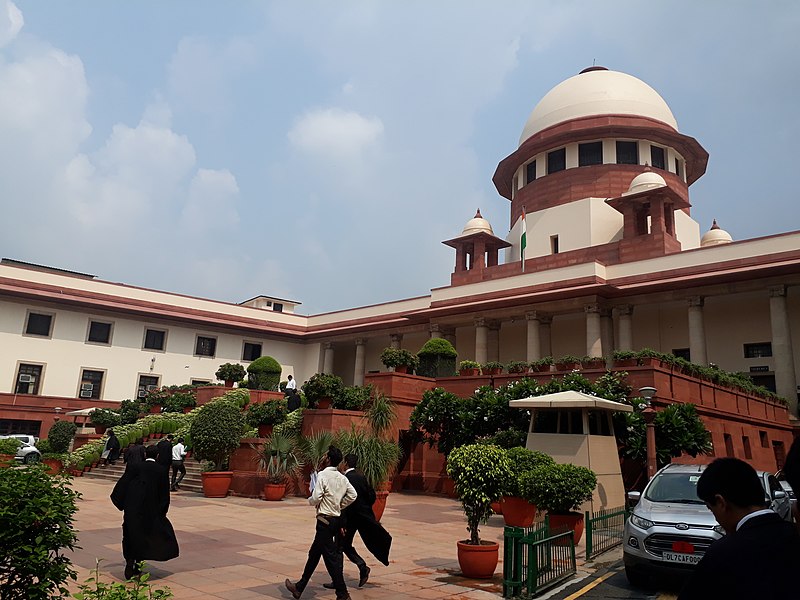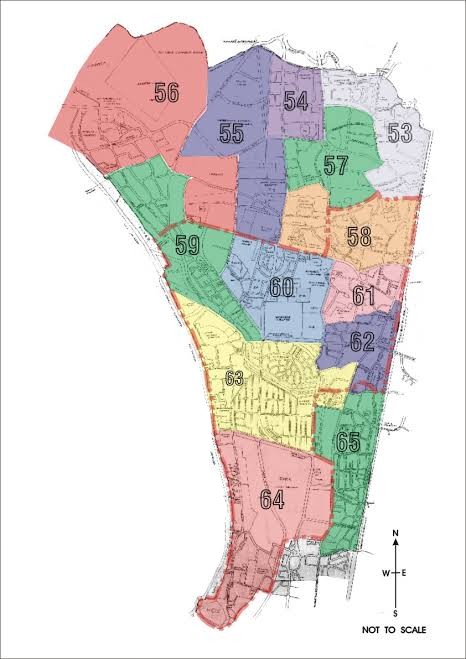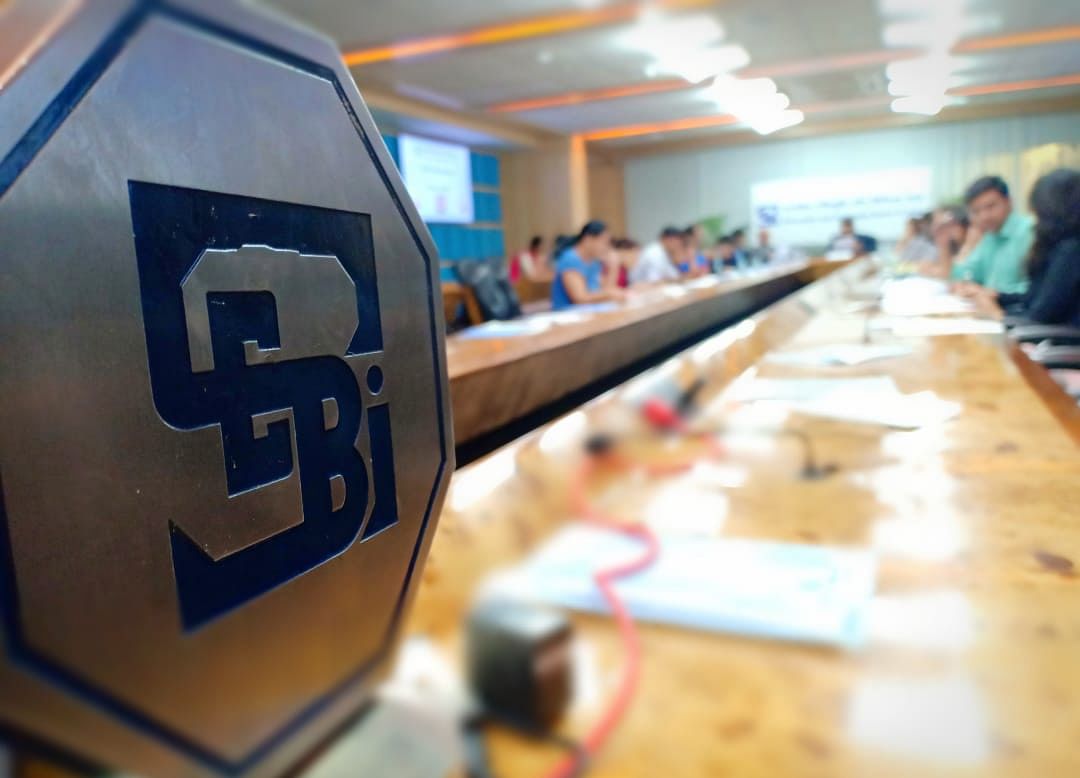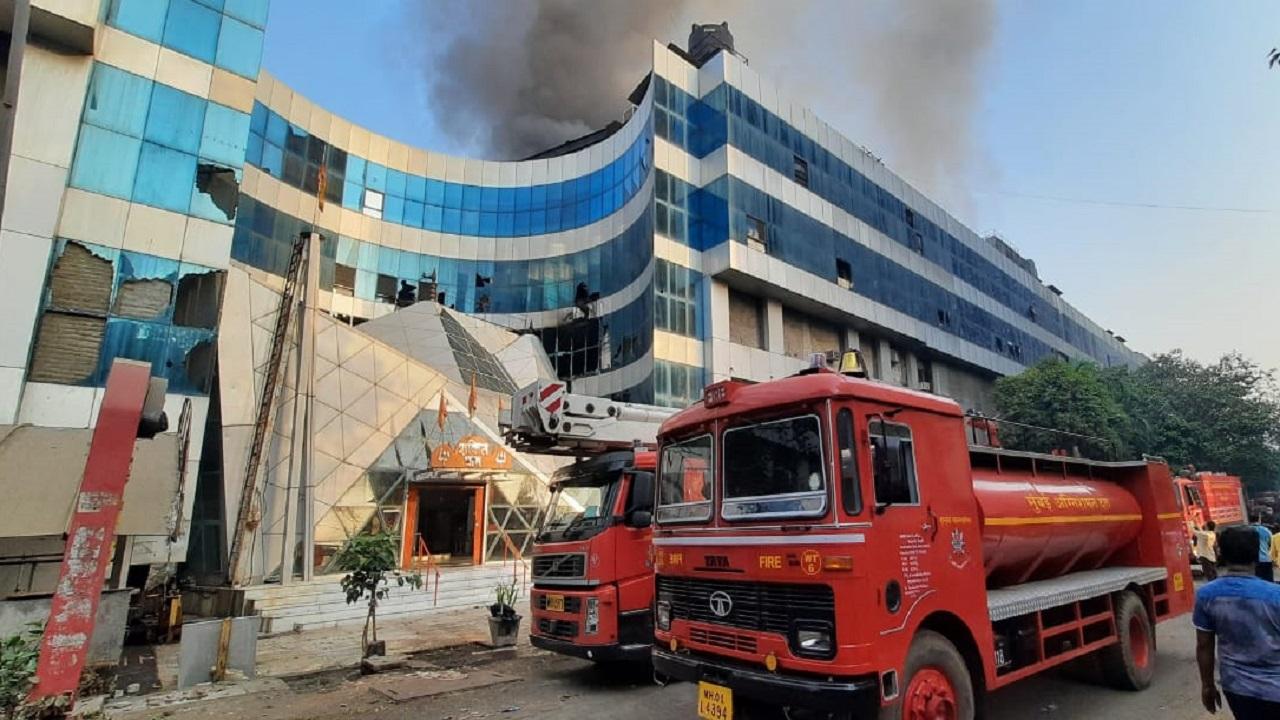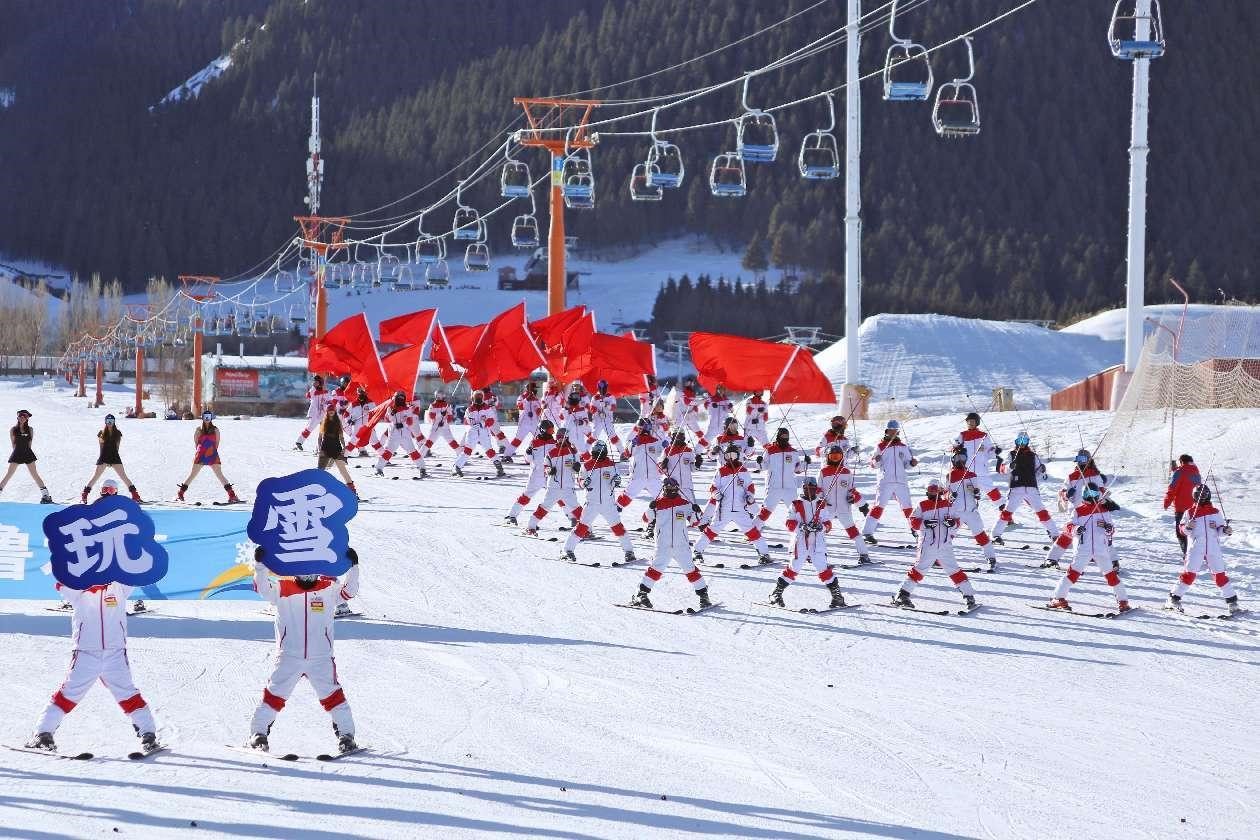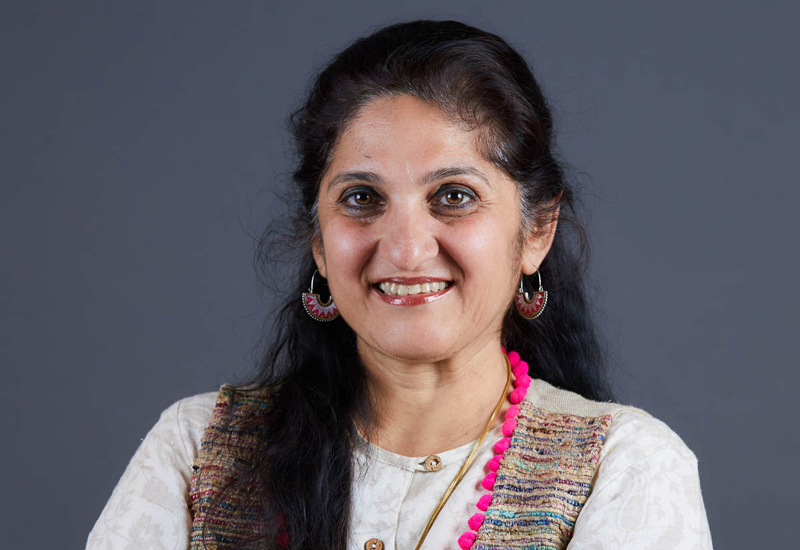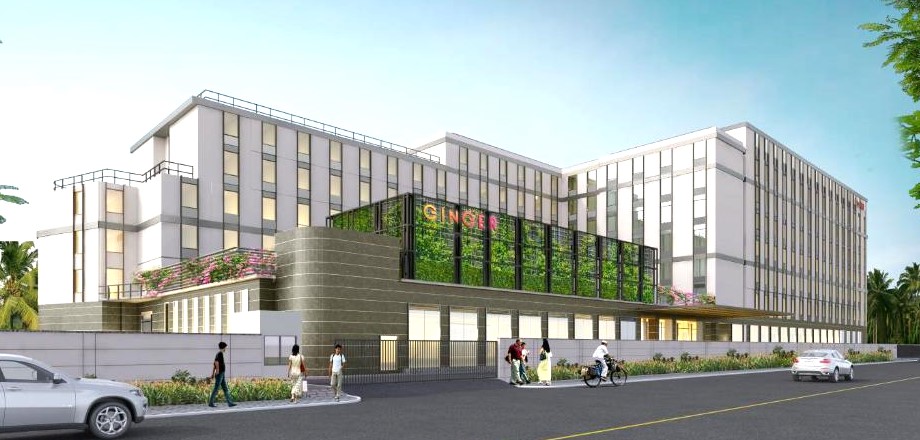The five-judge Constitution Bench of the Supreme Court on Wednesday declared the Maratha quota law as unconstitutional.
The five-judge Bench led by Justice Ashok Bhushan concluded that there was no “extraordinary situation” or “exceptional situation” which required the Maharashtra government to break the 50% ceiling limit to bestow quota benefits on the Maratha community.
The Bench also comprising Justices L. Nageswara Rao, S. Abdul Nazeer, Hemant Gupta and S. Ravindra Bhat also struck down the findings of J. Gaikwad Commission which led to the enactment of Maratha quota law.
It held that a separate reservation for the Maratha community violates Articles 14 (right to equality) 21 (due process of law).
The five-judge Bench unanimously agreed that there was no need to re-visit the 1992 Indira Sawhney judgment which fixed the reservation limit at 50%.
“We don’t find any substance to revisit the Indira Sawhney judgment or referring it to a larger bench. The judgment has been upheld by at least four Constitution Benches,” said Justice Ashok Bhushan reading from the lead judgment.
The ratio of Indira Sawhney judgment fully applicable to Article 15, he added.
All appointments made under the Maratha quota following the Bombay HC judgment endorsing the State law will hold, but they will get no further benefits. Students already admitted under the Maratha quota law will continue to get the benefits.
Those students who have been admitted to postgraduate courses will not be affected since they have not been given reservation, the judgment read.

Surjitt Sahani

